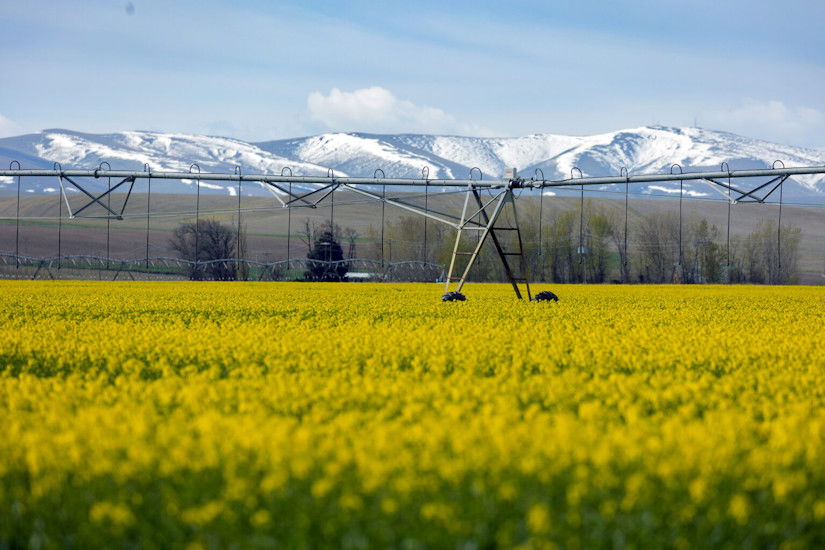Liquid Gold: Governor Kotek's Water Crisis Showdown in 2025

Water Takes Center Stage: Oregon's Governor Tackles Critical Resource Challenges
In a bold move to address one of the state's most pressing environmental concerns, Oregon Governor Tina Kotek is placing water quality and availability at the forefront of her legislative agenda this session. Working closely with her natural resources adviser Geoff Huntington, the governor is zeroing in on the critical issues of overdrawn water basins and persistent groundwater challenges.
The state's water resources have reached a critical juncture, with mounting pressures from climate change, agricultural demands, and growing population needs. Governor Kotek recognizes that sustainable water management is not just an environmental issue, but a fundamental concern for Oregon's future economic and ecological well-being.
Through targeted legislative efforts and strategic planning, the administration aims to develop comprehensive solutions that will protect Oregon's precious water resources, ensure sustainable usage, and safeguard the state's environmental and economic interests. The focus on groundwater and water basin management signals a proactive approach to one of the most significant resource challenges facing the state.
As discussions unfold in the state legislature, all eyes are on Governor Kotek and her team to see how they will address these critical water resource challenges in the coming months.
